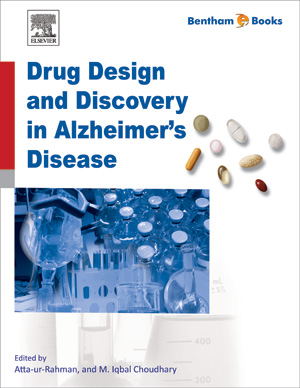Abstract
Since the discovery of the principles of angiogenesis and the drugs with antiangiogenic properties, the science has evolved greatly in understanding the pathophysiology of several diseases like cancer and the development of drugs that act in the cascade of mechanisms related to angiogenesis. Due to the systemic action of antiangiogenic therapy, patients may experience several side effects, among them those related to the nervous system. Several neurological complications have been described in patients treated with antiangiogenic therapy. The neurological side effect profile of the new agents is largely unknown and may include central (reversible posterior leukoencephalopathy, strokes, encephalopathy, seizures) and peripheral neurotoxicity (autonomic, sensory or sensorimotor neuropathy) depending on the specific agent. The peripheral neurotoxicity of relatively older agents such as bortezomib and thalidomide is well described and health care professionals dealing with patients treated with such medications need to be aware of these complications. Further research is necessary to understand the mechanisms and foster prevention and treatment of these neurological complications.
Keywords: Neurotoxicity, neuropathy, angiogenic, angiogenesis.






















